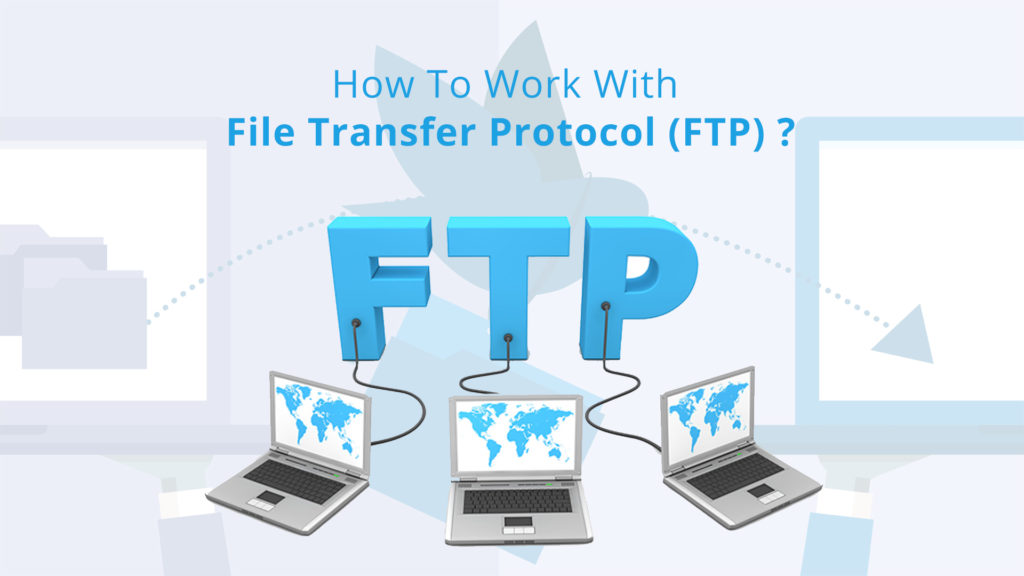In an era dominated by mobile technology, the security of our personal information is of utmost importance. One emerging threat that has gained significant attention is SIM swapping. This illicit practice involves the unauthorized transfer of a mobile phone number from one Subscriber Identity Module (SIM) card to another.
While it may sound like a technical maneuver confined to the realms of cybercrime, SIM swapping has far-reaching legal ramifications that extend into the broader landscape of digital security.
Table of Contents
The Mechanics of SIM Swapping: A Breach of Trust
SIM swapping typically begins with hackers gathering personal information about the target. This may include details such as the victim’s full name, date of birth, and sometimes even social security numbers. Armed with this information, the attackers contact the victim’s mobile service provider and convincingly pose as the account holder, requesting a SIM card transfer.
Once the transfer is approved, the victim’s phone number is transferred to a new SIM card controlled by the attacker. With control of the phone number, the attacker gains access to any two-factor authentication codes sent via SMS, potentially compromising email accounts, financial services, and other sensitive data linked to the victim’s mobile number.
The Legal Landscape: SIM Swapping as a Criminal Act
SIM swapping is not just a threat to individual privacy; it is also a criminal act with serious legal consequences. In many jurisdictions, unauthorized access to someone’s personal information, even if it is facilitated through SIM swapping, is a clear violation of privacy laws. The perpetrators can be prosecuted under computer crime statutes, identity theft laws, and wire fraud regulations. If you need help with such a case, a SIM swap attorney might be able to help.
Law enforcement agencies are increasingly recognizing the severity of SIM swapping incidents. In some cases, these attacks are treated as felonies, carrying substantial fines and prison sentences for those found guilty. The legal response varies by jurisdiction, but the global consensus is that SIM swapping is a serious offense that requires a robust legal framework for prosecution.
Victims of SIM Swapping: Legal Recourse and Consumer Protections
When individuals fall victim to SIM swapping, they are not left without legal recourse. Many countries have enacted consumer protection laws that hold mobile service providers accountable for ensuring the security of their customers’ personal information. If a service provider is found to be negligent in safeguarding customer data, it may face legal consequences and financial penalties.
Moreover, victims of SIM swapping attacks can seek damages through civil lawsuits against the perpetrators. These cases may involve claims of invasion of privacy, emotional distress, and financial losses incurred as a result of the unauthorized access to personal accounts.
Preventive Measures and Legal Implications for Service Providers
In response to the growing threat of SIM swapping, mobile service providers are under increasing pressure to implement robust security measures. Failure to do so not only exposes their customers to potential harm but also opens the door to legal action. Service providers can be held liable for negligence in cases where they fail to adequately verify the identity of individuals requesting SIM card transfers.
As the legal landscape evolves, regulators are actively working with telecommunications companies to establish industry-wide standards for preventing and responding to SIM swapping incidents. Compliance with these standards is not only a matter of protecting customers but also a critical component of avoiding legal repercussions.
Conclusion
SIM swapping is not merely a technological threat but a legal challenge with far-reaching consequences. As individuals become more reliant on digital services, the protection of personal information is paramount.
Understanding the legal ramifications of SIM swapping underscores the need for a comprehensive and collaborative approach, involving both legislative measures and proactive efforts by mobile service providers to fortify their security protocols. In this evolving landscape, staying informed and implementing preventive measures is crucial for safeguarding both personal privacy and the broader digital ecosystem.

